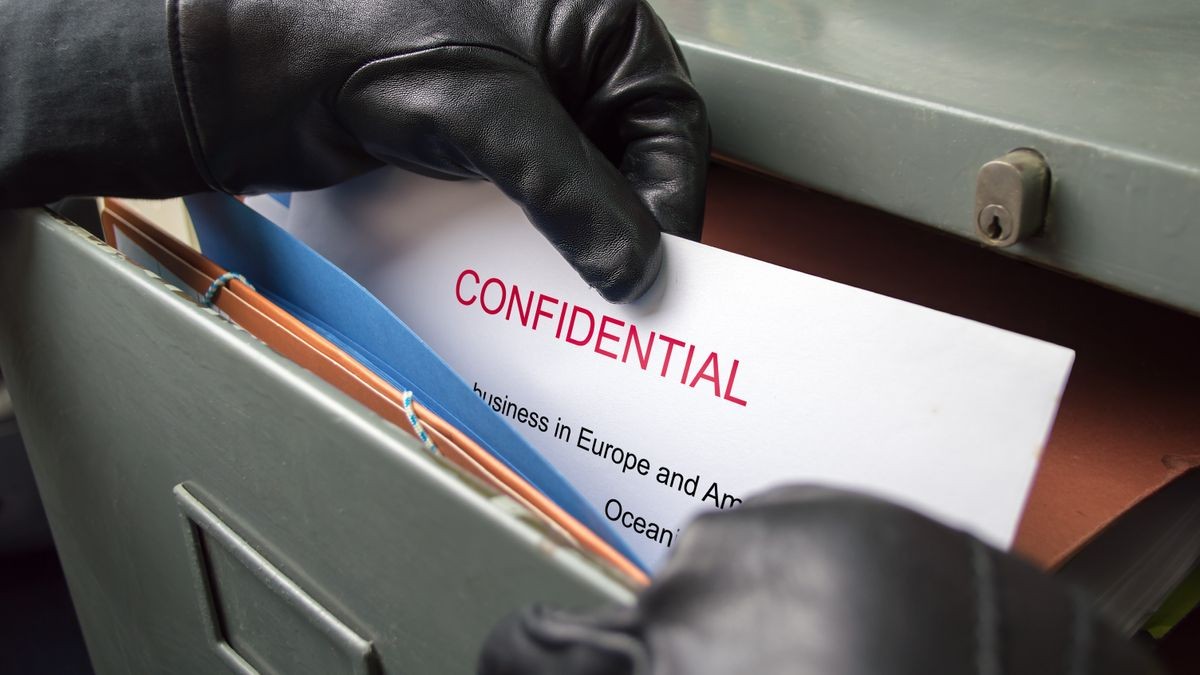
A former SK hynix employee has been sentenced to 18 months in prison and fined ₩20 million ($14,300) for illegally obtaining confidential semiconductor technology documents before departing for a position at Huawei. The case has raised concerns about industrial espionage and the protection of sensitive technical information in South Korea's highly competitive chip industry.
The engineer, who had worked at SK hynix since 2013, was found guilty of violating South Korea's Industrial Technology Protection Act. According to court records, she printed approximately 4,000 pages of highly sensitive documents over a four-day period shortly before resigning from her position at SK hynix in 2020.
The documents in question contained detailed information on semiconductor manufacturing processes, which are considered core technology under South Korean law. The court noted that the defendant's behavior was suspicious, as she printed large volumes of material just before leaving for a higher-paying role at Huawei in June 2022.
Despite the conviction, the relatively light sentence has raised eyebrows. The court's decision was influenced by a lack of concrete evidence that the stolen technology had been used or shared with Huawei. Additionally, SK hynix did not report any specific financial or operational damages resulting from the incident.
The case has highlighted potential security vulnerabilities, particularly at SK hynix's Shanghai office, where the defendant worked. While the company maintains strict security protocols at its main facilities, including prohibiting the use of external storage devices and monitoring printed materials, the court suggested that security measures at the Shanghai location may have been less rigorous.
This incident serves as a reminder of the ongoing challenges faced by technology companies in protecting their intellectual property and trade secrets, especially in the highly competitive semiconductor industry. As global competition intensifies, companies and governments alike are likely to increase their focus on safeguarding sensitive technical information and preventing industrial espionage.